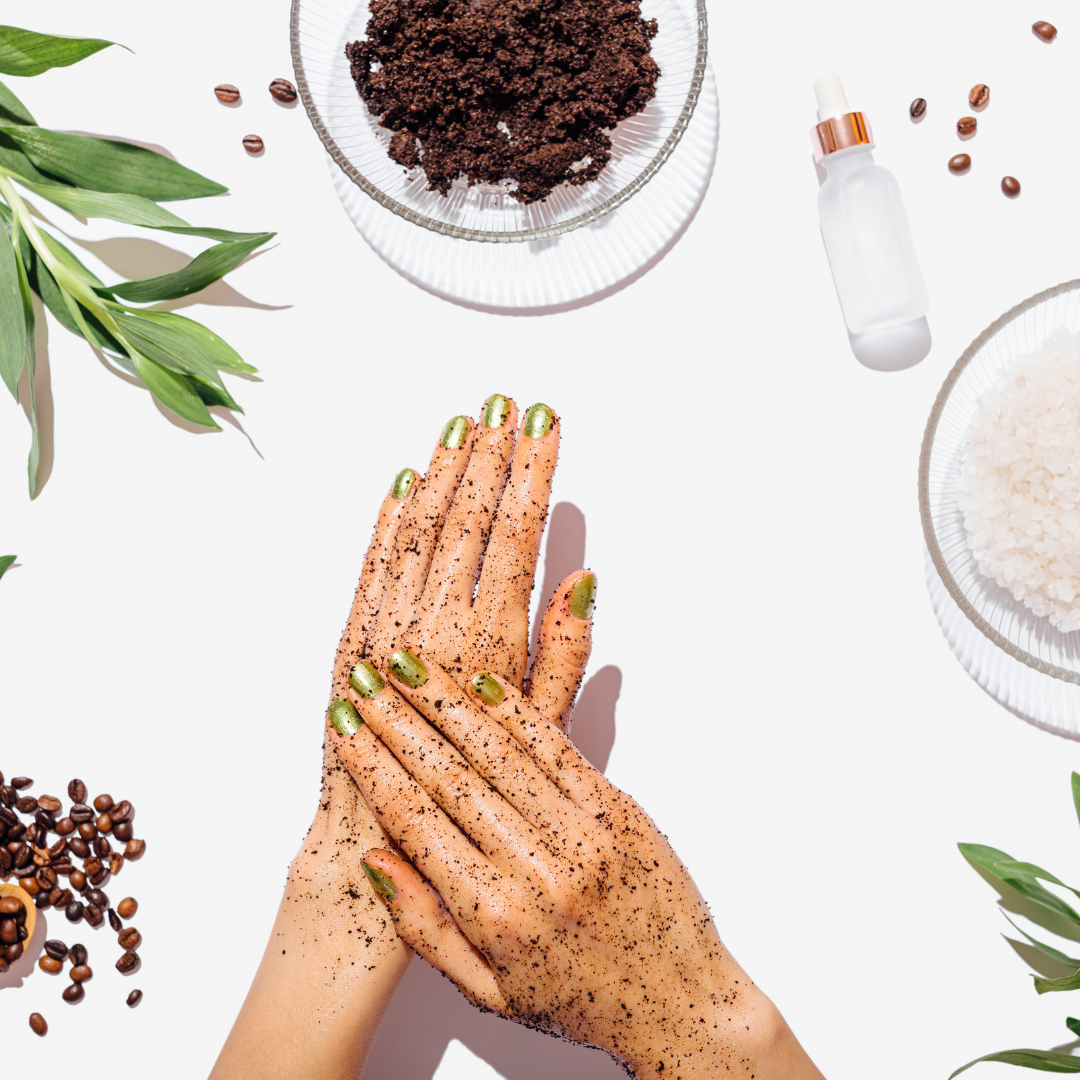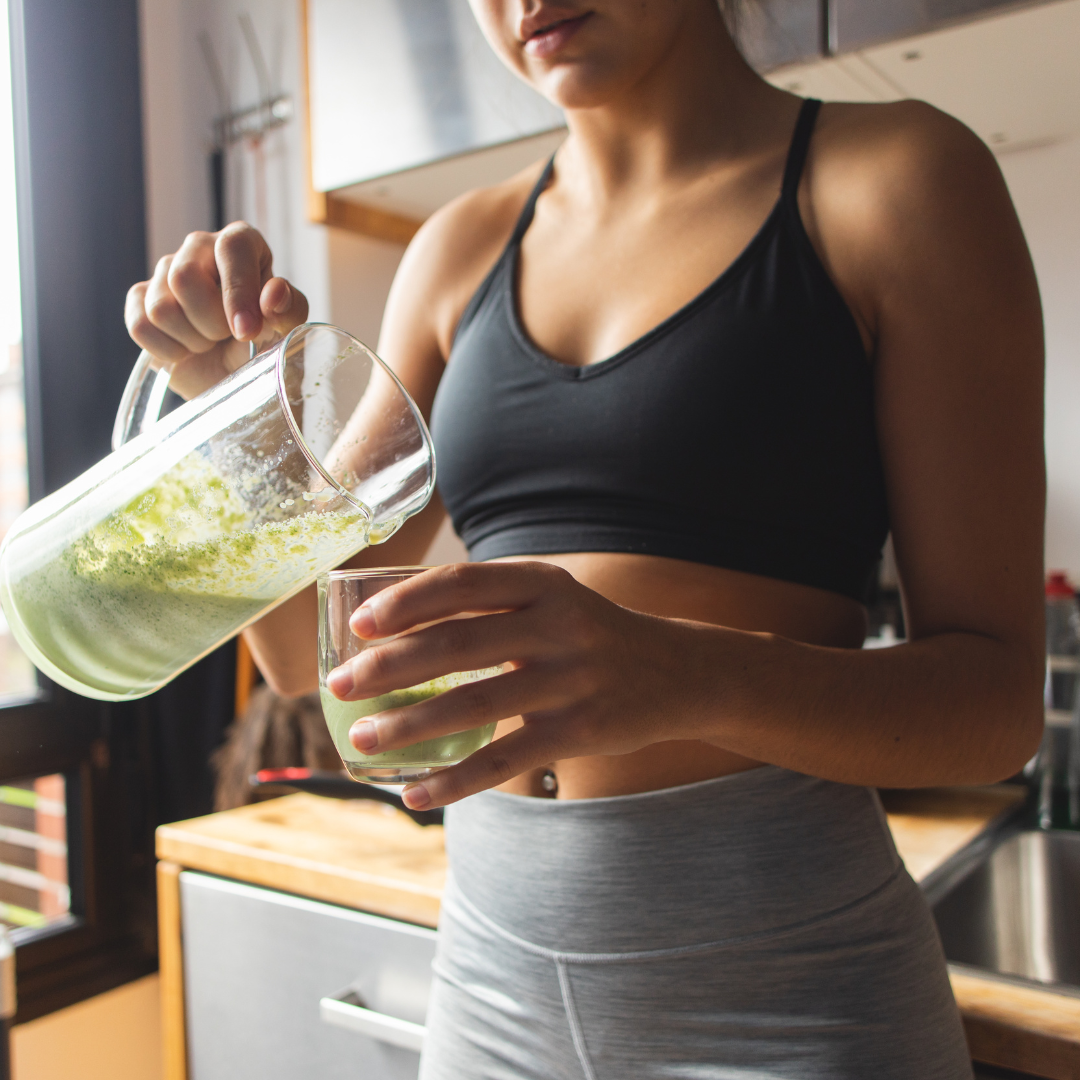Unlocking Radiant Skin: The Guide to the Glow

Hey Queen!
Have you ever experienced dry or dull skin? Sometimes our skin needs extra love and care, but it can be easy to forget. Let's talk about the key to achieving and maintaining a healthy glow.
The Importance of Exfoliation and Moisturizing: Your Ultimate Guide to Radiant Skin
Achieving and maintaining radiant, healthy skin isn't just about what you put on your face; it's also about how you care for it. Two fundamental steps in any skincare routine are exfoliation and moisturizing. These practices, while simple, are essential for keeping your skin looking its best. Let's delve into why these steps are so crucial and how they can transform your skincare routine.
Exfoliation: The Key to a Fresh Glow
What Is Exfoliation?
Exfoliation is the process of removing dead skin cells from the surface of your skin. It can be done physically, with scrubs or brushes, or chemically, with products containing acids like alpha-hydroxy acids (AHAs) or beta-hydroxy acids (BHAs). Regular exfoliation helps to reveal the fresh, new skin beneath and can significantly improve your skin's texture and appearance.
Why Exfoliation Matters
-
Unclogs Pores: Over time, dead skin cells can build up and clog pores, leading to acne and other blemishes. Exfoliation helps to keep pores clear and reduces the likelihood of breakouts.
-
Promotes Cell Turnover: As we age, the natural process of skin cell turnover slows down. Exfoliating helps to speed up this process, allowing new, healthy skin cells to surface more quickly.
-
Improves Skin Texture: Regular exfoliation can smooth out rough patches and uneven skin tone, giving you a more polished and radiant appearance.
-
Enhances Product Absorption: By removing the top layer of dead skin cells, exfoliation allows your other skincare products, like serums and moisturizers, to penetrate more effectively.
How to Exfoliate
-
Choose the Right Exfoliant: For physical exfoliants, look for products with fine, gentle granules to avoid micro-tears in the skin. For chemical exfoliants, AHAs are great for dry or sun-damaged skin, while BHAs are ideal for oily or acne-prone skin.
-
Frequency: Exfoliate 1-3 times a week, depending on your skin type and the exfoliant you're using. Over-exfoliating can lead to irritation and sensitivity.
Moisturizing: The Secret to Hydration and Protection
What Is Moisturizing?
Moisturizing involves applying products that help to lock in hydration and create a protective barrier on the skin. Moisturizers come in various forms, including creams, lotions, gels, and oils, each tailored to different skin types and concerns.
Why Moisturizing Is Essential
-
Locks in Hydration: Moisturizers help to keep water in the skin, preventing dryness and maintaining a plump, healthy look.
-
Protects the Skin Barrier: A well-moisturized skin barrier is crucial for protecting against environmental aggressors like pollution and UV rays. It also helps to prevent irritants from penetrating the skin.
-
Reduces the Appearance of Fine Lines: Proper hydration can help to smooth out fine lines and give the skin a more youthful appearance.
-
Balances Skin: Even oily skin needs moisturizing. Using the right moisturizer can help regulate oil production and prevent the skin from becoming too dry or too oily.
How to Moisturize
-
Choose the Right Moisturizer: Select a moisturizer suited to your skin type. For dry skin, opt for rich, emollient creams. For oily or acne-prone skin, lightweight, non-comedogenic gels or lotions are ideal.
-
Apply on Damp Skin: For best results, apply your moisturizer while your skin is still slightly damp from cleansing. This helps to lock in moisture more effectively.
-
Don't Forget SPF: If you’re using a day moisturizer, choose one with broad-spectrum SPF to protect your skin from sun damage.
Putting It All Together
Incorporating both exfoliation and moisturizing into your skincare routine can make a significant difference in your skin's health and appearance. Exfoliation clears away dead skin cells, promoting a fresh, smooth complexion, while moisturizing ensures that your skin remains hydrated and protected. By understanding and prioritizing these steps, you’ll be well on your way to achieving and maintaining glowing, healthy skin.
Remember, consistency is key. Find products that work for your skin type and stick to a routine that suits your needs. Your skin will thank you with its radiant, healthy glow!






Comments